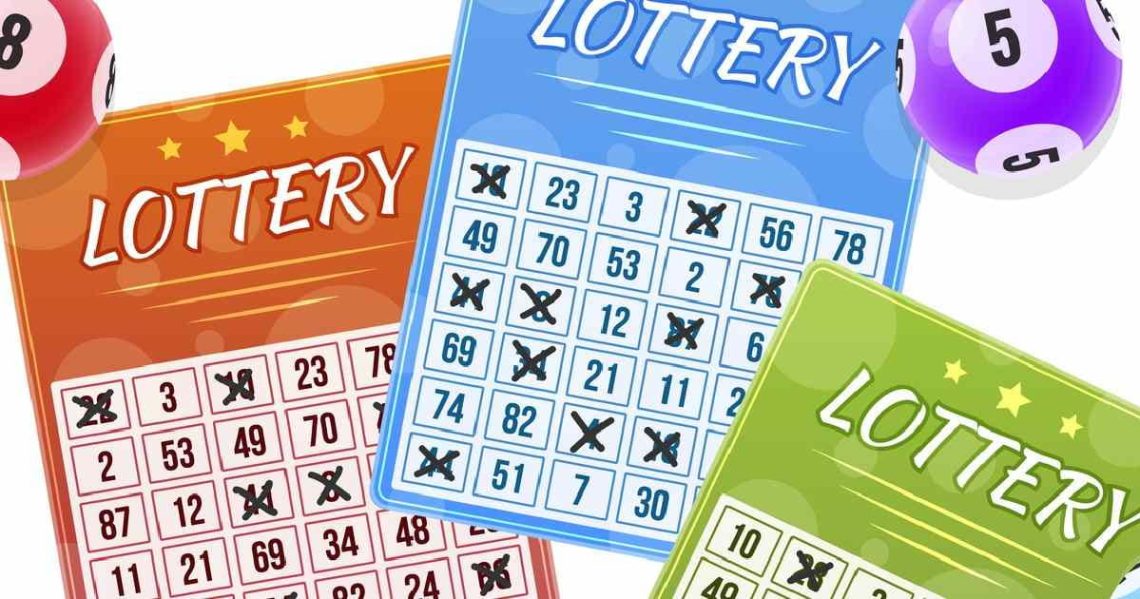Lottery games have long been an intriguing phenomenon in the realm of chance and fortune. From ancient times to modern-day society, the allure of these games transcends borders and cultures. While some perceive them as mere games of luck, a deeper dive into the world of lotteries reveals a tapestry woven with psychology, mathematics, and societal dynamics togel dingdong. In this exploration, we unravel the layers of the lottery game, discovering its complexities and significance beyond the surface of random draws.
The Psychology of Hope: At its core, the lottery taps into the fundamental human emotion of hope. With each ticket purchased, individuals invest not only money but also dreams and aspirations. The mere possibility of winning ignites a spark of optimism, providing a brief respite from the mundane realities of life. Psychologically, this hope serves as a coping mechanism, offering a glimmer of possibility amidst the uncertainties of existence. Whether it’s the dream of financial freedom or the fulfillment of long-held desires, the lottery becomes a conduit for the manifestation of hopes and fantasies.
Statistical Quirks and Probabilistic Paradoxes: Beneath the surface of hope lies the realm of statistics and probability, where the rational mind clashes with the whims of chance. The odds of winning the lottery are often infinitesimal, with probabilities so low that they defy comprehension. Yet, paradoxically, this astronomical improbability is precisely what fuels the allure of the game. Humans have a curious relationship with probability, often underestimating the likelihood of rare events while overestimating their own chances of success. This cognitive bias, known as optimism bias, is a driving force behind lottery participation, as individuals convince themselves that they could be the exception to the rule.
The Socioeconomic Impact: Beyond the individual level, lottery games wield significant influence on a societal scale. Revenue generated from ticket sales often contributes to various public sectors, such as education, healthcare, and infrastructure. In this sense, lotteries serve as a form of voluntary taxation, redistributing wealth in a manner that both supports public services and alleviates the burden on traditional tax systems. However, critics argue that lotteries disproportionately target low-income individuals, creating a regressive tax structure that exacerbates socioeconomic disparities. Moreover, the romanticization of sudden wealth perpetuated by lottery narratives can foster unrealistic expectations and financial mismanagement among vulnerable populations.
The Power of Community: Despite its potential drawbacks, the lottery also fosters a sense of community and camaraderie among participants. Whether it’s office pools, family syndicates, or online forums, the act of collectively purchasing tickets amplifies the shared experience of anticipation and excitement. Moreover, lottery winnings often spark widespread celebration within communities, generating stories of newfound fortune and generosity. From funding local projects to supporting charitable causes, lottery winners frequently become agents of positive change within their communities, embodying the transformative potential of luck and generosity.





